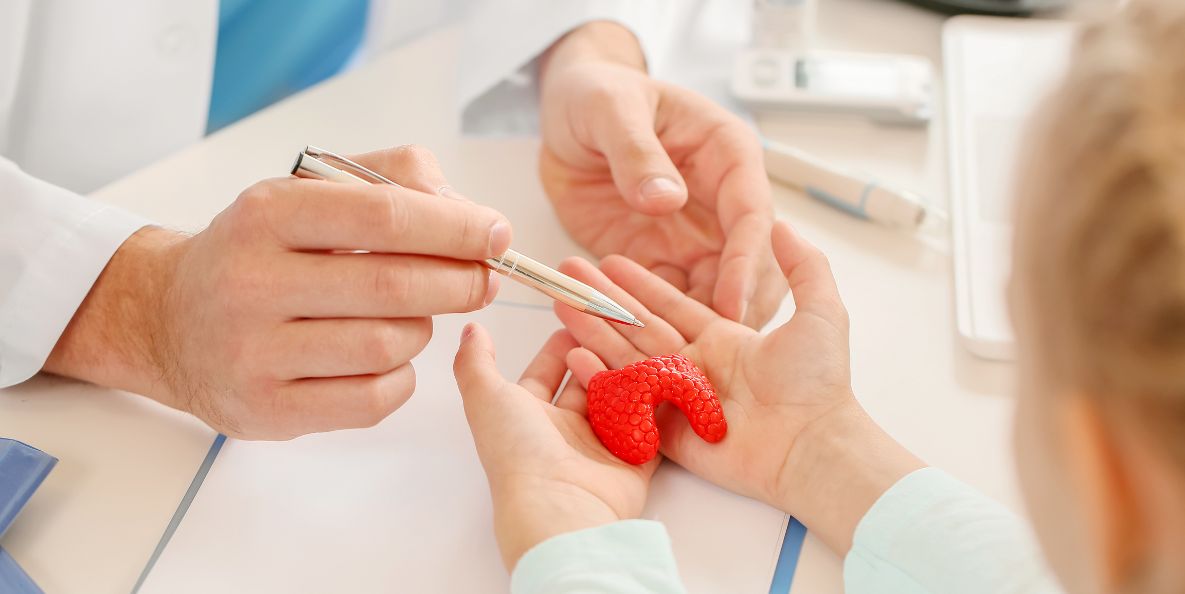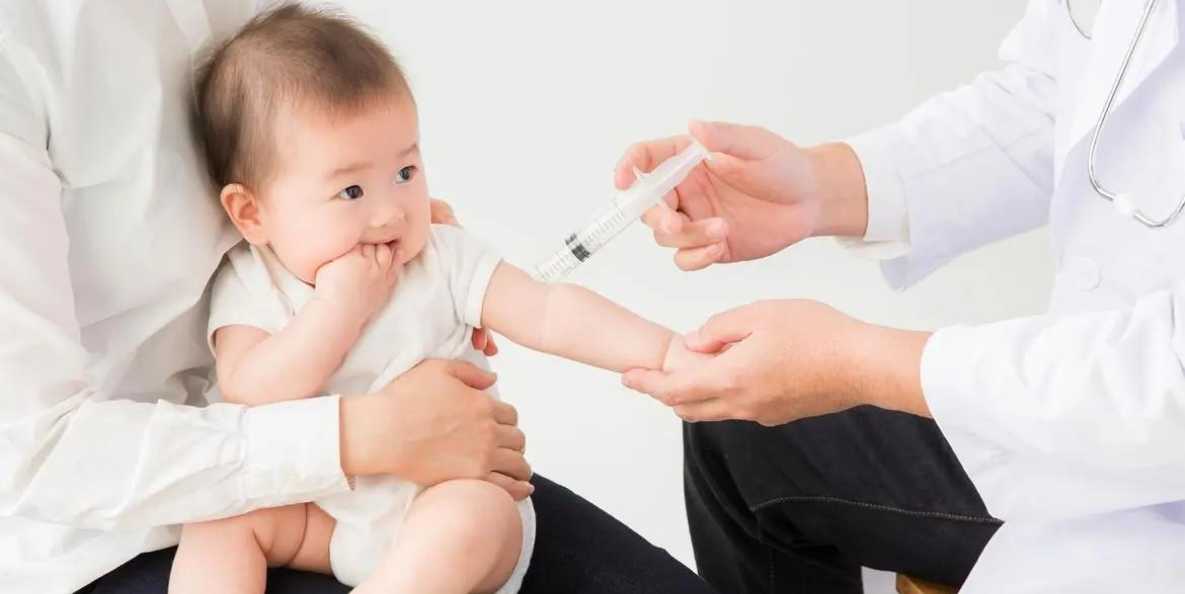Categories
THYROID DISORDERS IN CHILDREN
Dec 02, 2022
Dr Anju Virmani, Senior Consultant Endocrinologist, Madhukar Rainbow Children’s Hospital
Keshav was a beautiful newborn, but by 6 months, his parents noticed he was stunted and slow. They were given horrible news - his thyroid gland was malformed, so hormone levels were low, which affected his brain development. Since then they give him thyroxin regularly, but the damage was permanent. Now 16 years old, he can’t go to school or do anything useful. One person has to look after him constantly. The really tragic part - this situation could have been avoided if a simple TSH had been done at birth and treatment started early.
The brain continues growing for 2-3 years after birth, for which thyroid hormones are critical. If a newborn’s thyroid doesn’t work normally for any reason - not formed properly (called “dysgenesis”) or cannot function properly (“dyshormonogenesis”), then the brain and body do not get enough hormone (“hypothyroidism”) and cannot grow normally. In the womb, the mother’s thyroid hormones may help, but after birth the deficiency is disastrous, causing loss of 5 IQ points every month of life. The result - permanent mental retardation! Luckily the solution is easy - test thyroid hormones from the cord blood, which is anyway thrown away. This test is cheap and widely available, treatment is cheap and easy, and results are gratifying - a normal person! The difficulty is the baby usually seems normal at birth; by the time problems are noticed, the irreversible damage can be quite severe. Imagine the burden of coping for 60-70 years with a mentally retarded person because a hundred or so rupees were not spent at birth! Therefore, every single baby must have a TSH test at birth - it is well worth the effort and money spent.
If hypothyroidism occurs in older children, the ill effects are easier to reverse if detected in time. Hypothyroidism stunts brain development, physical growth, and puberty. In the most severe form - a cretin - is a short, dull, slow, heavy child, with a pale puffy face, hoarse voice, doughy skin, tired and lethargic; maybe constipated, maybe with a neck swelling. Usually all the signs and symptoms are not present - it has to be suspected and tested for. Children with autoimmune diseases like diabetes and wheat allergy are more prone to hypothyroidism, and need regular testing. Remember, testing is easy and cheap; treatment is a once daily tablet - easy and cheap, so the possibility should not be neglected.
Hyperthyroidism, rare in children, is the opposite. The child is hungry but losing weight, hot, sweaty, irritable, hyperactive, anxious, unable to concentrate; with prominent eyes. Diagnosing is easy, but the treatment is more complicated. Hyper or hypo, school performance suffers.
So what are the take home messages? Please remember that everyone deserves a thyroid test at birth, with early treatment if needed. In older children and adolescents, if there are any suggestive symptoms as briefly listed above, think of the thyroid - easy to test for, easy to diagnose, easy to treat! Why be a cretin?











